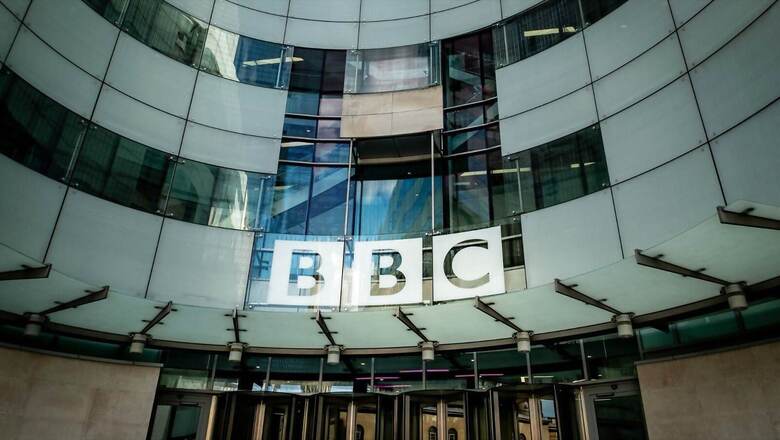
views
A series of reactions — bans, issuing statements among others — have followed after the release of the BBC documentary ‘India: The Modi Question.’ And this is not the first time that the Indian government has been at odds with the UK’s national broadcaster.
In their latest contention point, the Narendra Modi-led government banned the documentary that tries to dig up the buried memory of Gujarat 2002 riots, with the Ministry of Information and Broadcasting (MIB) directing YouTube and Twitter to take down links sharing it.
It issued an order under the emergency provisions of the Information Technology Rules, 2021. It has alleged that the documentary aims at “sowing divisions among various communities, and making unsubstantiated allegations regarding actions of foreign governments in India”.
The government has also called it a “propaganda piece that lacks objectivity and reflects a colonial mindset”.
Let’s take a look at other instances of contention between the Indian governments and BBC
➡️India’s Daughter
Before this, the Indian government raised objections and imposed a blanket ban on the BBC-affiliated film back in 2015.
The documentary, by British filmmaker Leslee Udwin, grabbed eyeballs for including an interview with a rapist, one of the six men who raped the 23-year-old trainee physiotherapist on December 16, 2012 in a moving bus in Delhi. The victim later died of her injuries.
Reacting to this documentary, the Ministry of Home Affairs had said that the director violated a condition that prohibited the use of the documentary for commercial purposes.
The government ensured that the documentary was not published anywhere in any form and ordered a block it on the internet.
Opinion | How BBC Documentary Row is an Electoral Gift for BJP and Narendra Modi
The BBC had reacted saying that it handled the issue put forth in the fim “responsibility” and was “confident” that it was compatible with the editorial guidelines of the broadcaster.
➡️Calcutta and Phantom India films
Back in 1970, the Indian government was again outraged at two documentary films released on the broadcasting service. French director’s Louis Malle’s- Calcutta and Phantom India — were again banned by the Centre.
Moreover, the reaction was such that the BBC was expelled from India for two years, until 1972, The Indian Express reported.
The movies had caused outraged among the Indian diaspora in the UK and the government perceived it as “prejudicial.”
➡️BBC gets banned during Emergency
During the Indira-Gandhi led government in 1975, the centre had accused BBC of showing “anti-India stories” on the Emergency imposed in the country.
The centre had then asked the broadcasted to not report again from the “Indian soil.” According to a government statement, the BBC never missed an opportunity to malign India and misrepresent the country, IE said.
Read all the Latest India News here




















Comments
0 comment